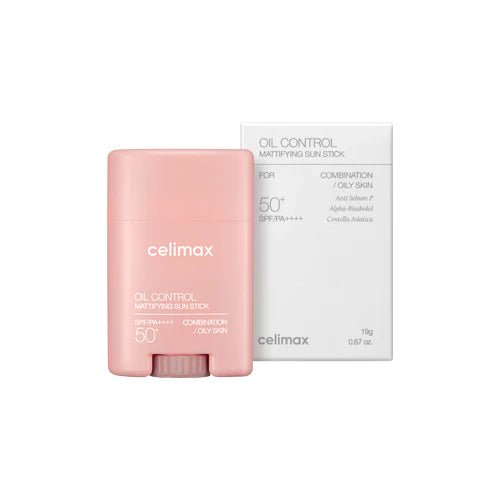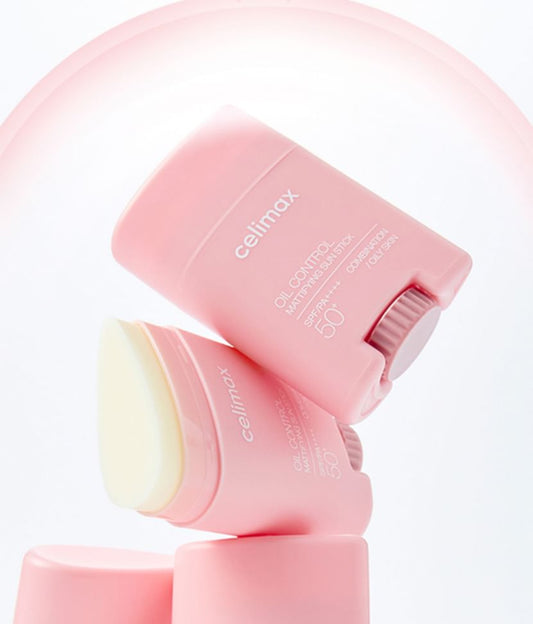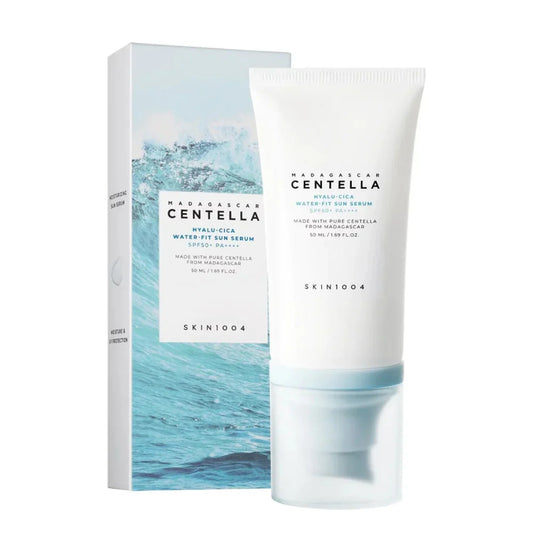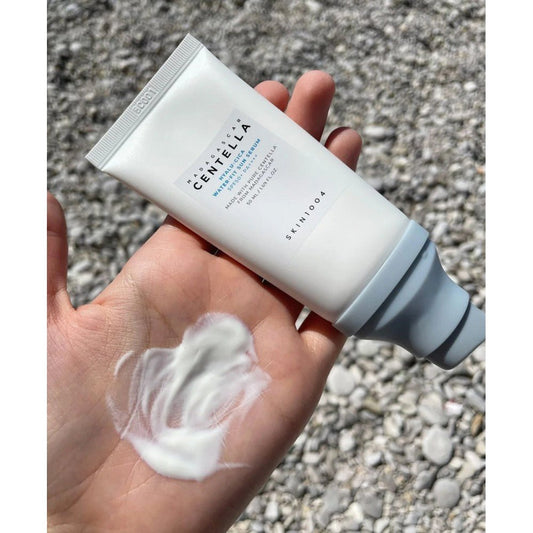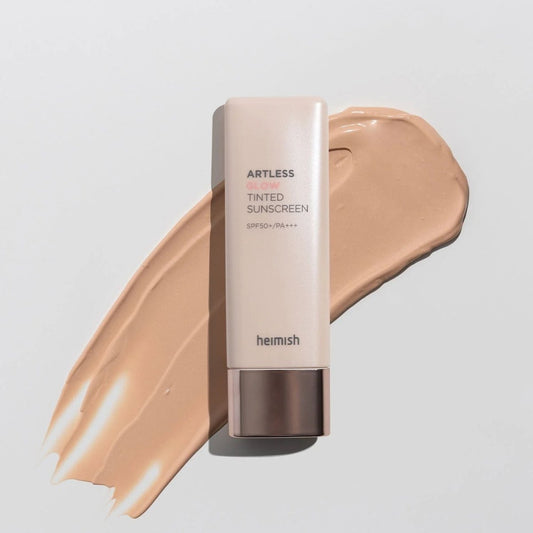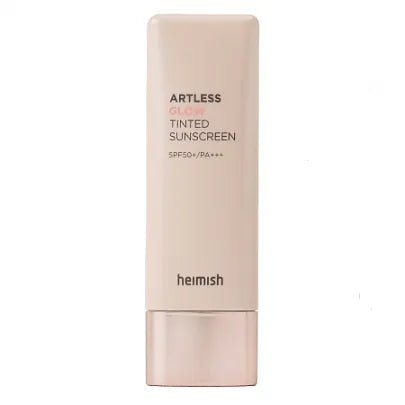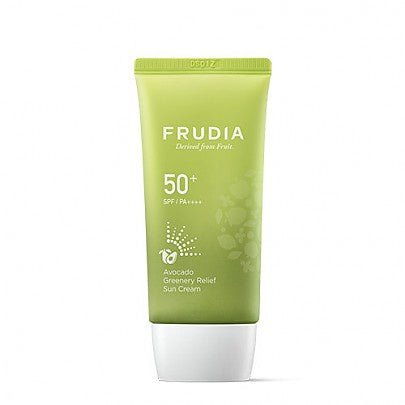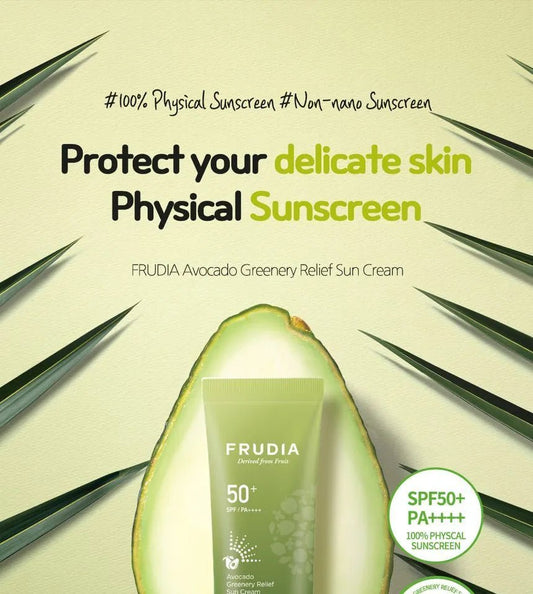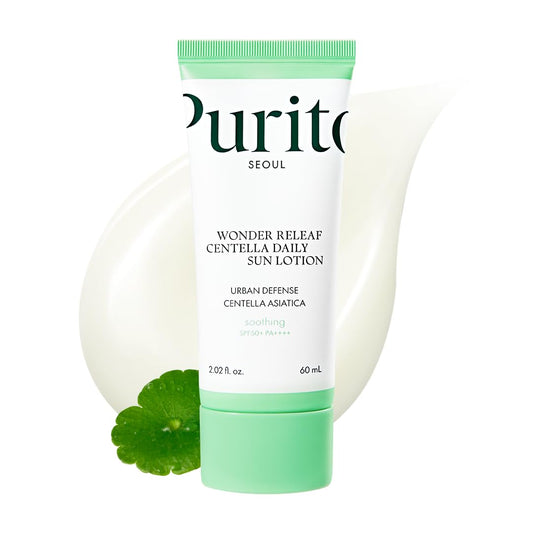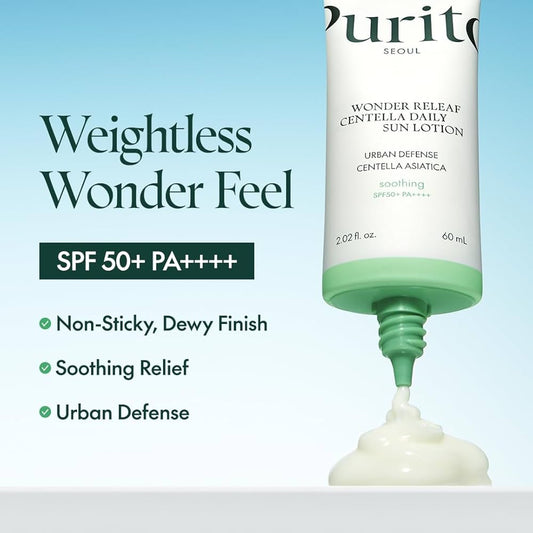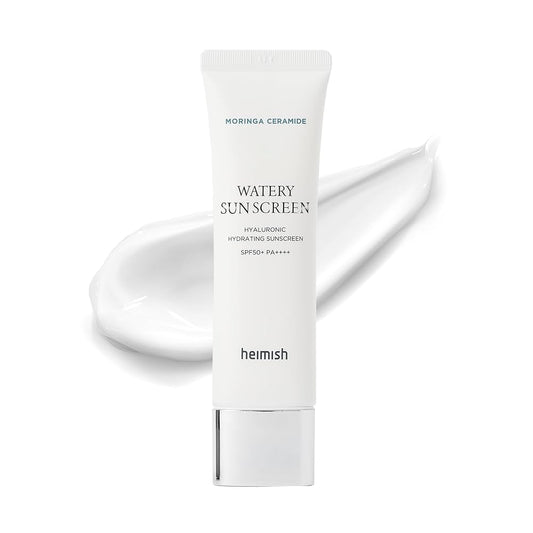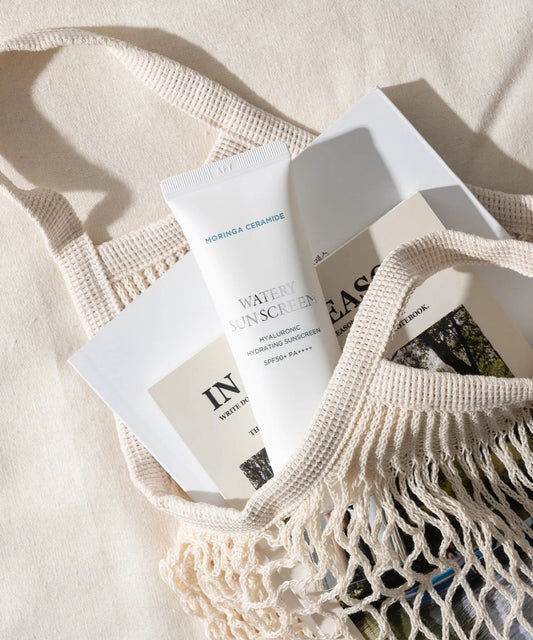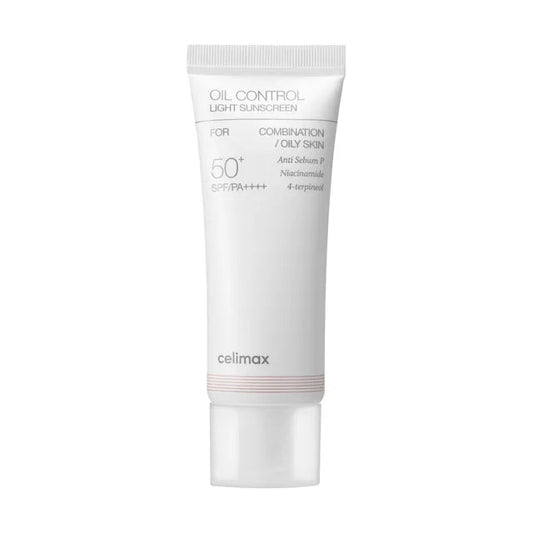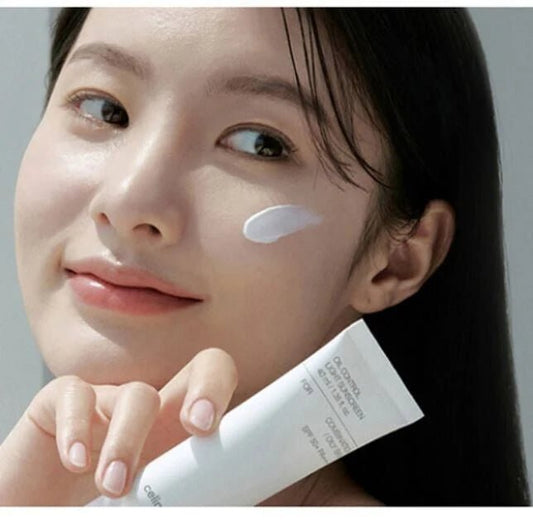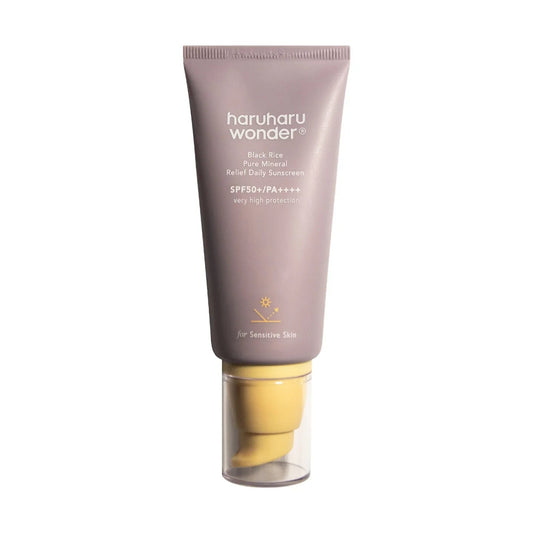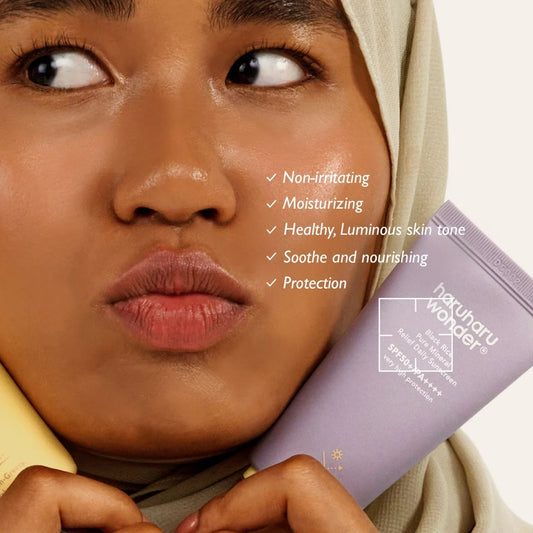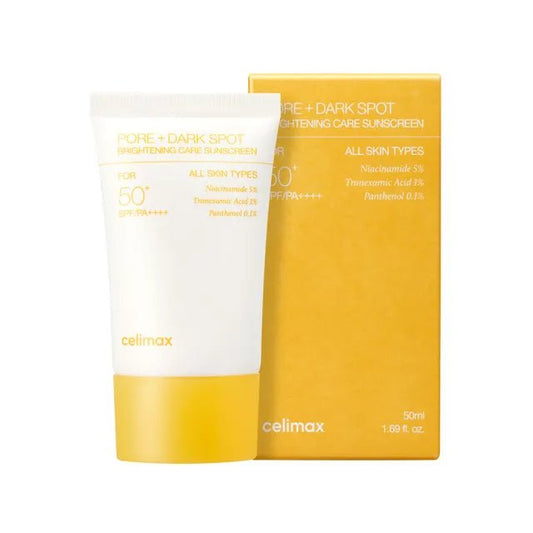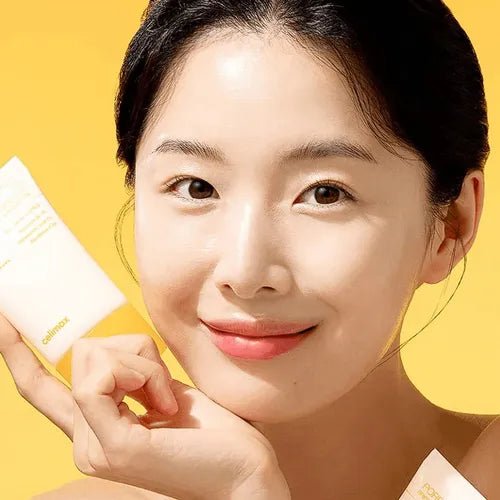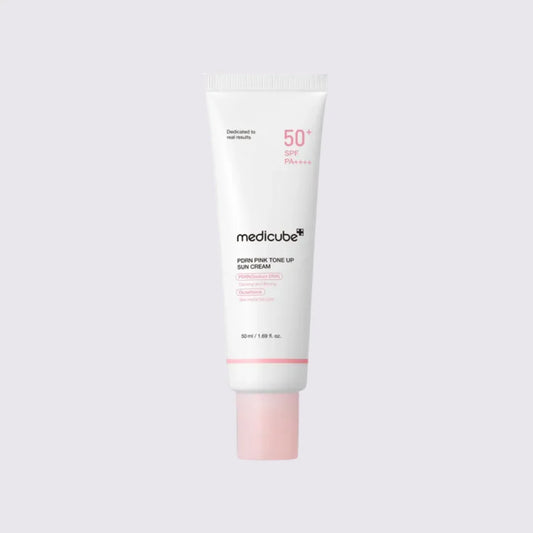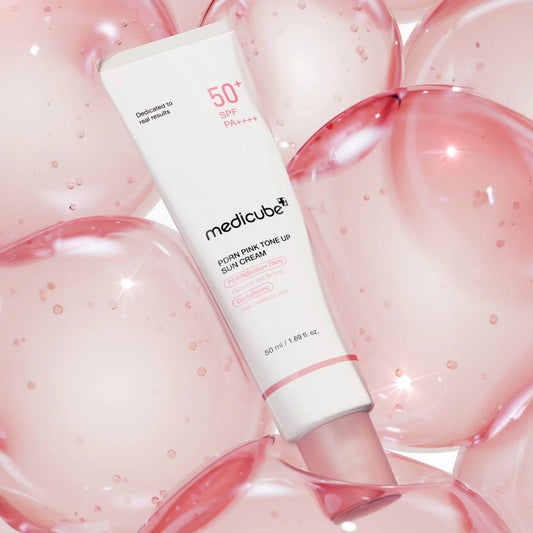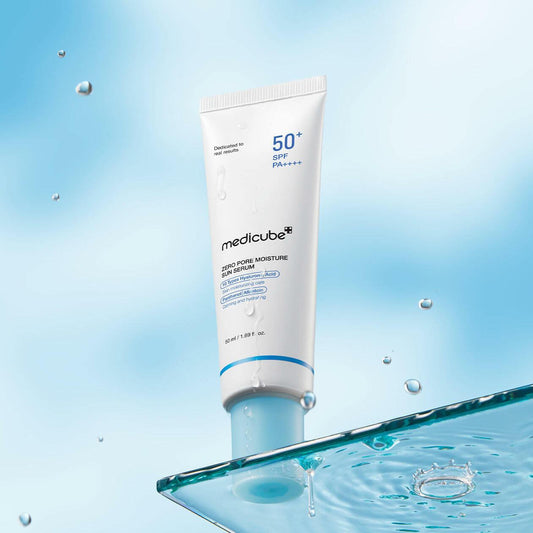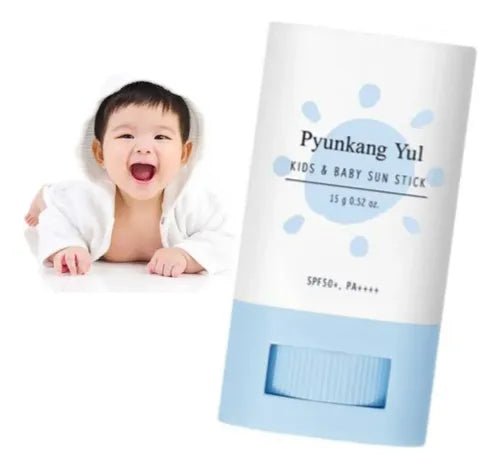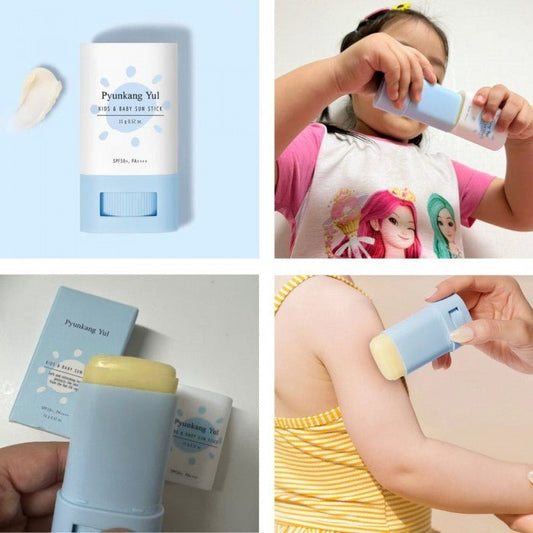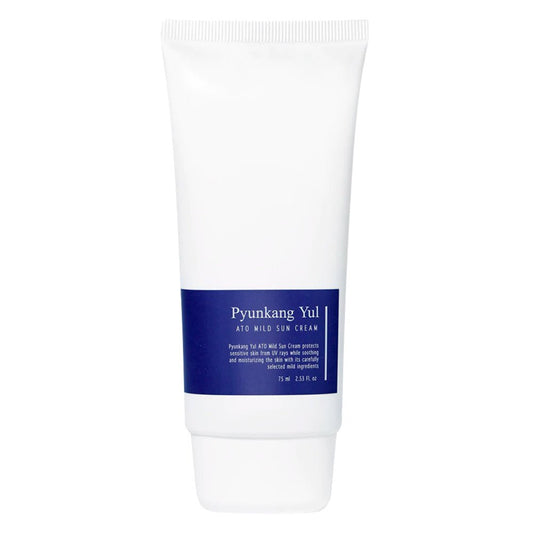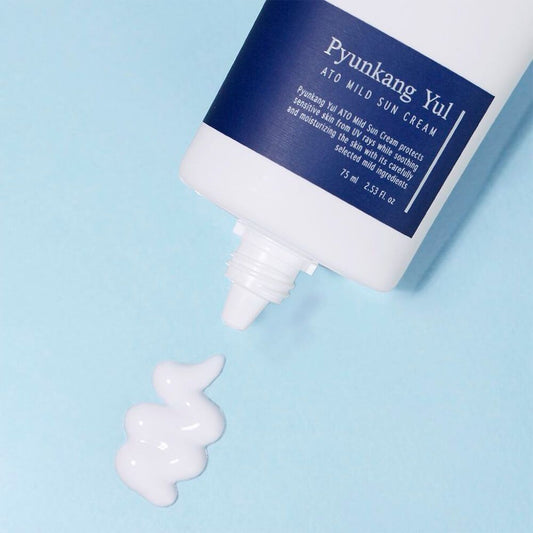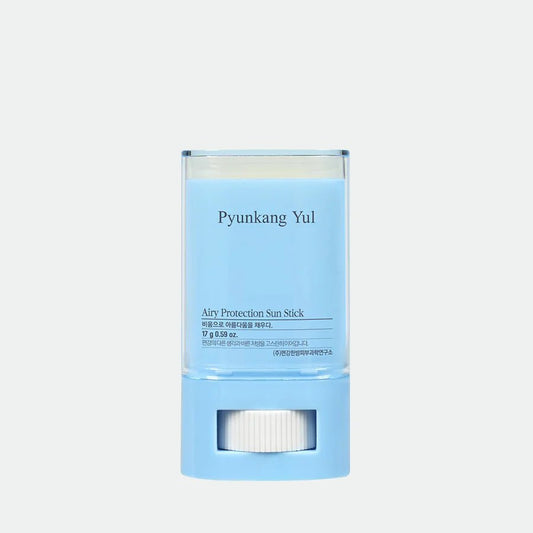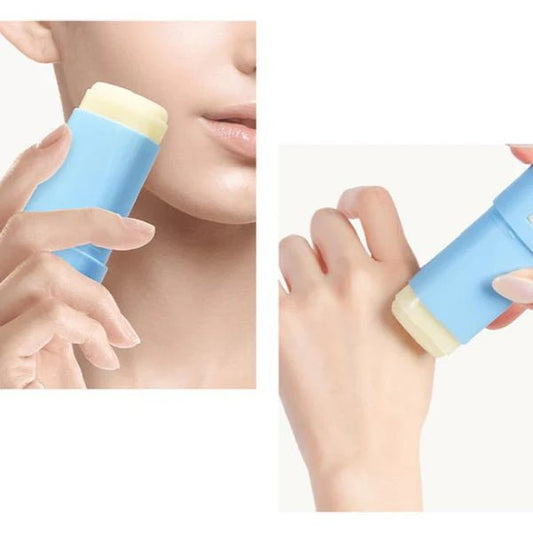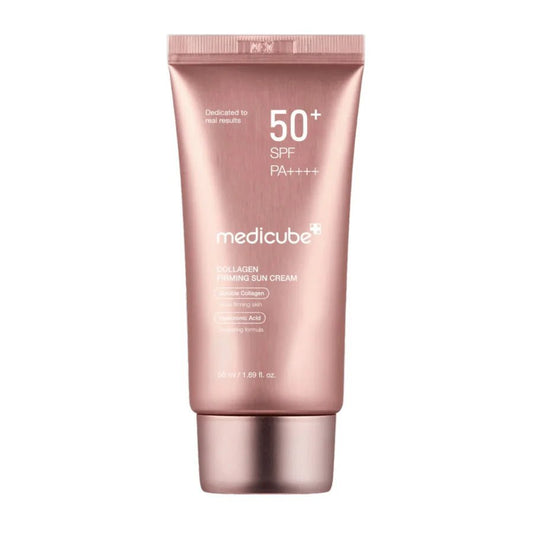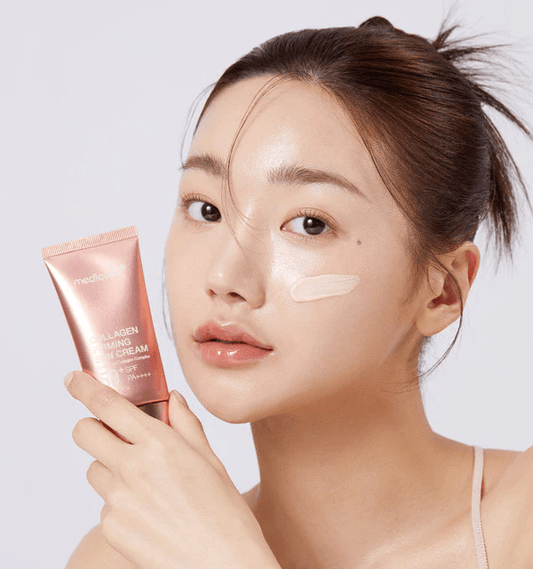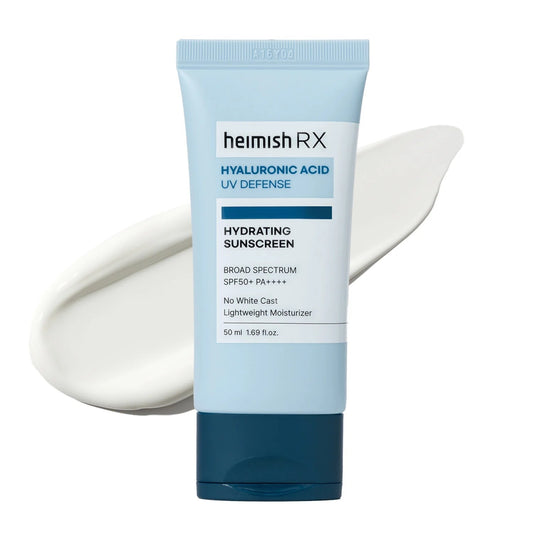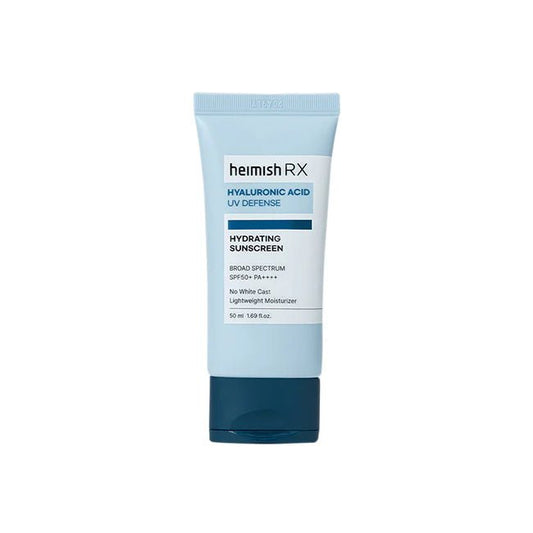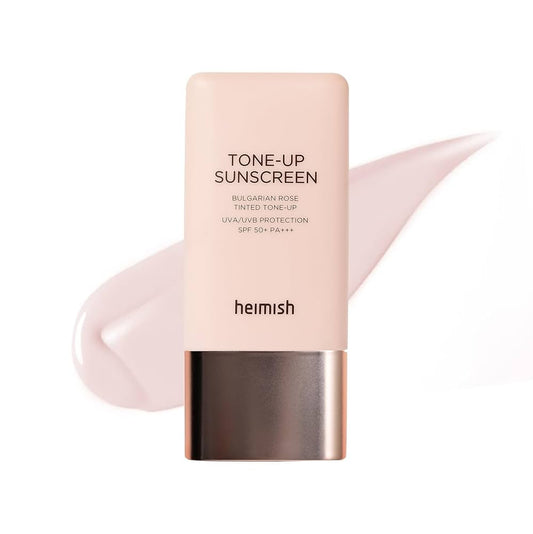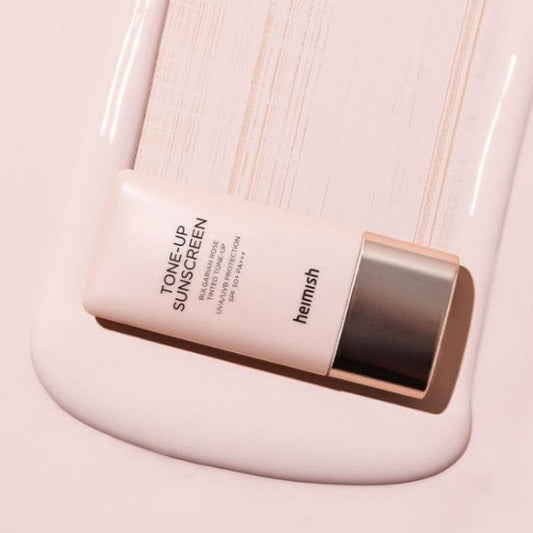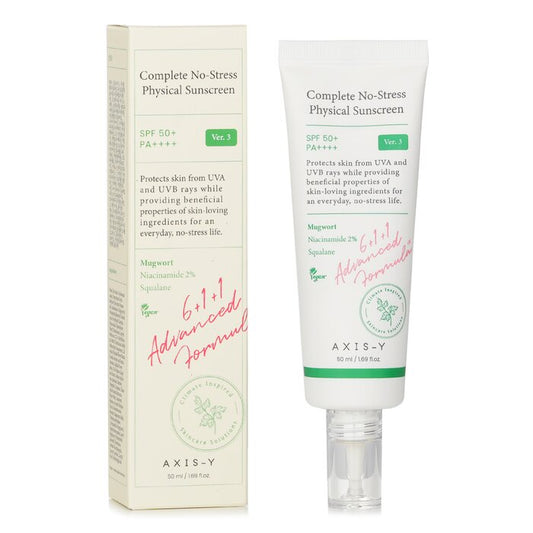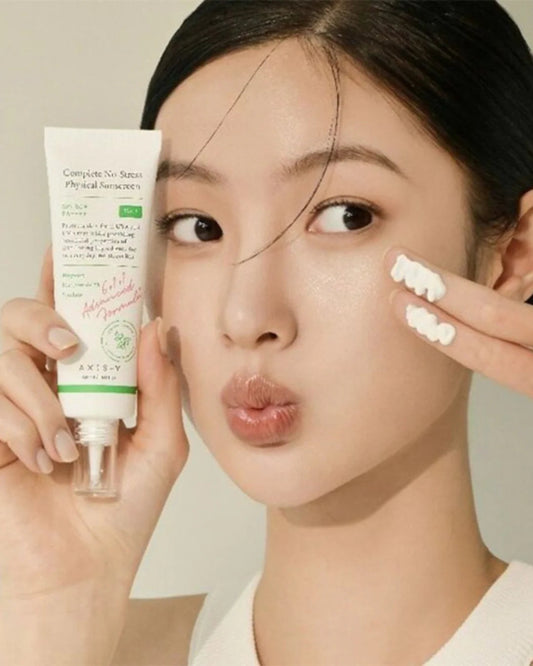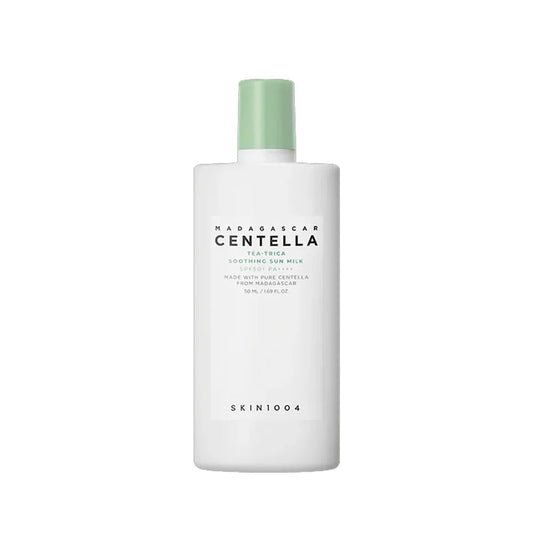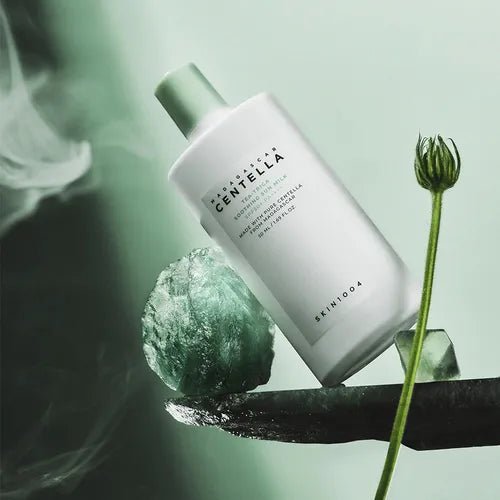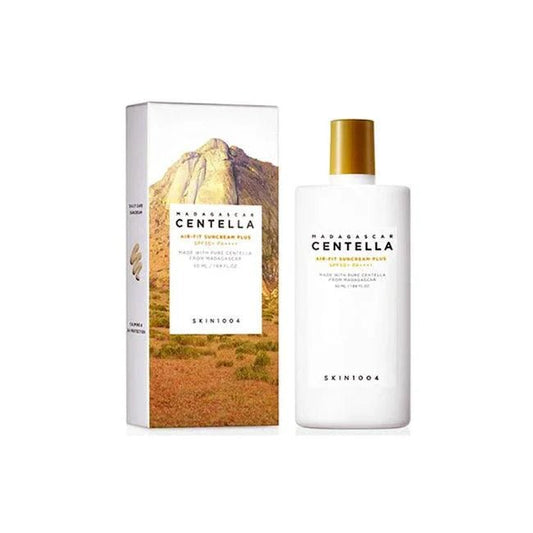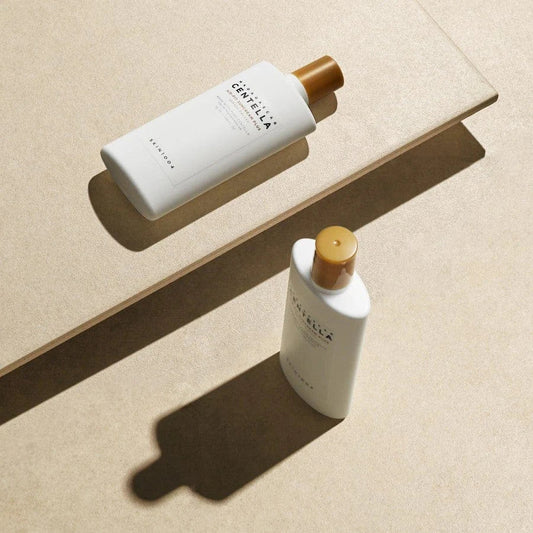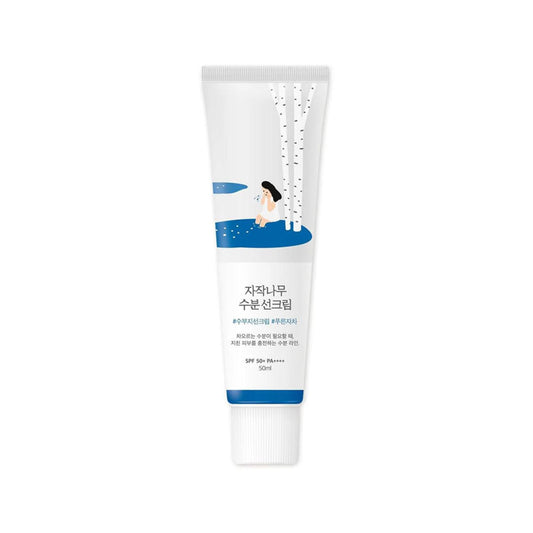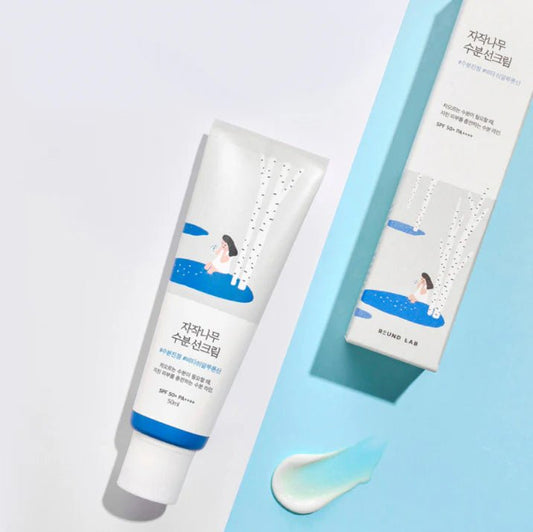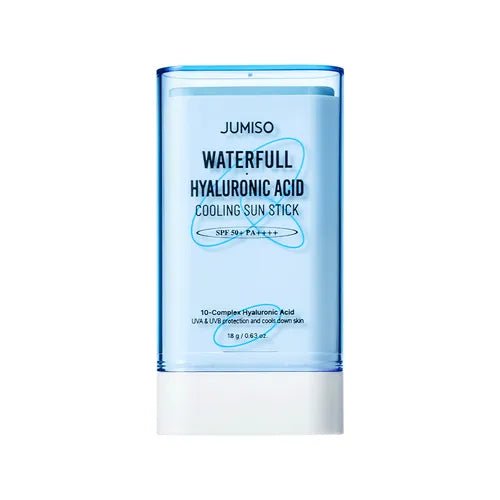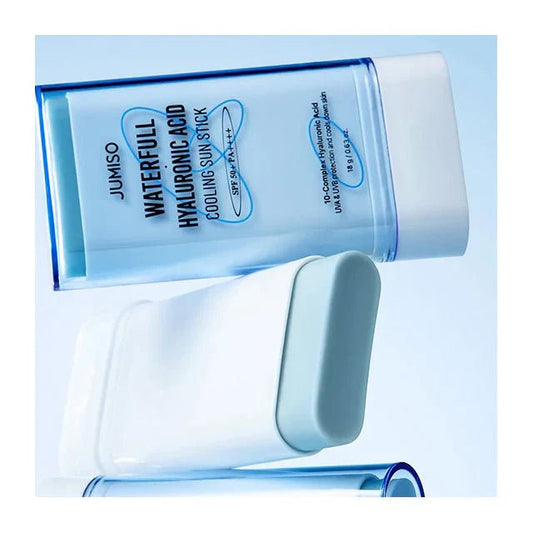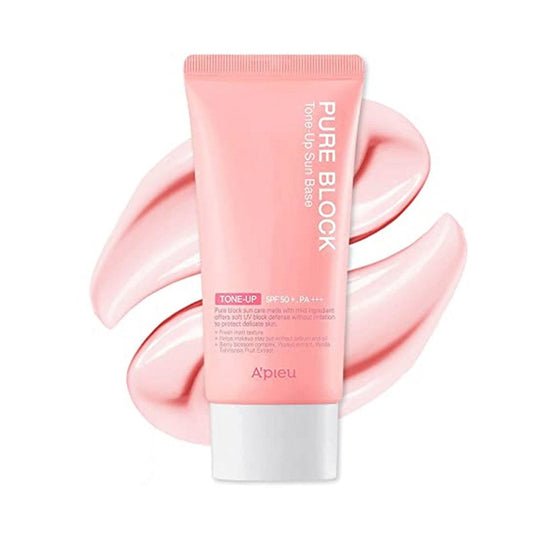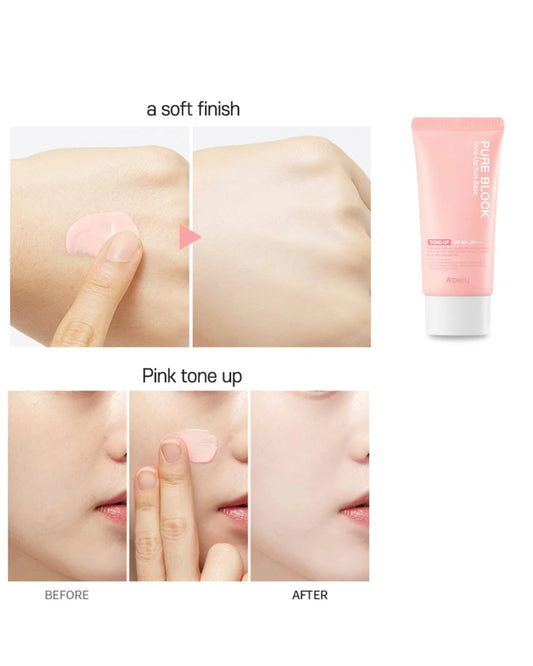-
Regular price $ 620.00 MXNRegular priceUnit price / per
$ 620.00 MXNSale price $ 620.00 MXNSold out -
Regular price From $ 480.00 MXNRegular priceUnit price / per
$ 480.00 MXNSale price From $ 480.00 MXN -
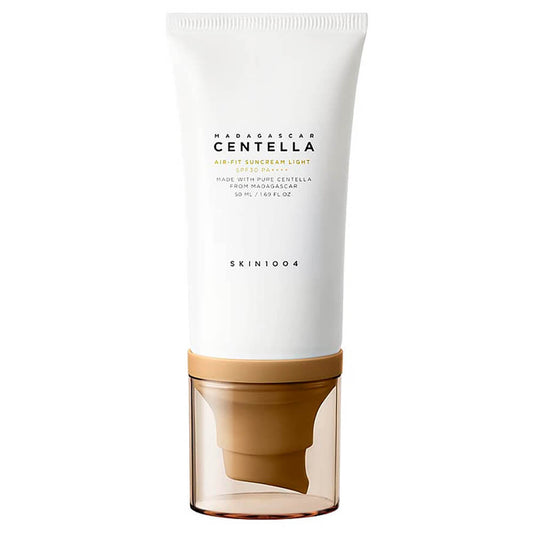
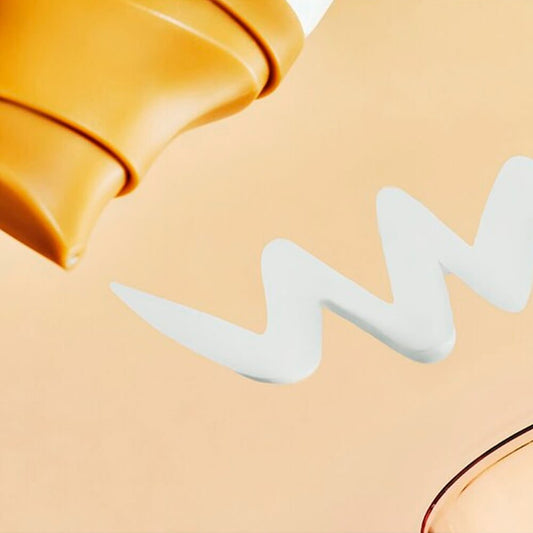 Regular price $ 480.00 MXNRegular priceUnit price / per
Regular price $ 480.00 MXNRegular priceUnit price / per$ 480.00 MXNSale price $ 480.00 MXNSold out -
Regular price $ 540.00 MXNRegular priceUnit price / per
$ 540.00 MXNSale price $ 540.00 MXN -
Regular price $ 350.00 MXNRegular priceUnit price / per
$ 350.00 MXNSale price $ 350.00 MXN -
Regular price From $ 255.00 MXNRegular priceUnit price / per
$ 255.00 MXNSale price From $ 255.00 MXN -
Regular price $ 550.00 MXNRegular priceUnit price / per
$ 550.00 MXNSale price $ 550.00 MXN -
Regular price $ 570.00 MXNRegular priceUnit price / per
$ 570.00 MXNSale price $ 570.00 MXN -
Regular price $ 580.00 MXNRegular priceUnit price / per
$ 580.00 MXNSale price $ 580.00 MXN -
Regular price $ 500.00 MXNRegular priceUnit price / per
$ 500.00 MXNSale price $ 500.00 MXN -
Regular price $ 450.00 MXNRegular priceUnit price / per
-
Regular price $ 450.00 MXNRegular priceUnit price / per
-
Regular price $ 540.00 MXNRegular priceUnit price / per
$ 540.00 MXNSale price $ 540.00 MXN -
Regular price $ 510.00 MXNRegular priceUnit price / per
$ 510.00 MXNSale price $ 510.00 MXN -
Regular price $ 540.00 MXNRegular priceUnit price / per
$ 540.00 MXNSale price $ 540.00 MXN -
Regular price $ 590.00 MXNRegular priceUnit price / per
$ 590.00 MXNSale price $ 590.00 MXN -
Regular price $ 480.00 MXNRegular priceUnit price / per
$ 480.00 MXNSale price $ 480.00 MXN -
Regular price $ 500.00 MXNRegular priceUnit price / per
$ 500.00 MXNSale price $ 500.00 MXN -
Regular price $ 770.00 MXNRegular priceUnit price / per
$ 770.00 MXNSale price $ 770.00 MXN -
Regular price $ 550.00 MXNRegular priceUnit price / per
$ 550.00 MXNSale price $ 550.00 MXN -
Regular price $ 590.00 MXNRegular priceUnit price / per
$ 590.00 MXNSale price $ 590.00 MXN -
Regular price $ 570.00 MXNRegular priceUnit price / per
$ 570.00 MXNSale price $ 570.00 MXN -
Regular price $ 590.00 MXNRegular priceUnit price / per
$ 590.00 MXNSale price $ 590.00 MXN -
Regular price $ 350.00 MXNRegular priceUnit price / per
$ 350.00 MXNSale price $ 350.00 MXN
Collection: Sunscreen
Sunscreen is one of the most important products in any skincare routine, regardless of your skin type or the climate you live in. Not only does it prevent UV damage, but it also protects skin from premature aging, dark spots, and other sun-related issues. In Korea, where skincare is a cultural priority, sunscreens are especially innovative, offering lightweight, oil-free formulas with added benefits like hydration and sebum control.
Why is it important to use sunscreen?
- UV Protection: UVA and UVB rays are responsible for premature aging, dark spots, and in severe cases, skin cancer.
- Anti-aging: UVA rays penetrate deep into the skin, damaging collagen and elastin, causing wrinkles and loss of firmness.
- Dark spot reduction: Prevents hyperpigmentation caused by sun exposure.
- Maintain a healthy barrier: Protects the skin from external factors such as pollution and climate changes.
Types of Sunscreens:
1. Physics (Minerals):
- How they work: They create a physical barrier on the skin that reflects UV rays.
- Common ingredients: Zinc oxide and titanium dioxide.
- Benefits: Ideal for sensitive or acne-prone skin, as they are less likely to cause irritation.
2. Chemicals:
- How they work: They absorb UV rays and convert them into heat before they penetrate the skin.
- Common ingredients: Avobenzone, octinoxate, homosalate.
- Benefits: Lighter, easier-to-apply textures, ideal for daily use under makeup.
3. Hybrids:
- They combine physical and chemical ingredients to offer complete and balanced protection.
SPF and PA: What do they mean?
- SPF (Sun Protection Factor): Indicates how long you can be exposed to the sun without burning. For example, SPF 50 protects you approximately 50 times longer than without protection.
- PA (UVA Protection): Measures protection against UVA rays, which are responsible for aging. More "+" indicates greater protection (PA+, PA++, PA+++).
For daily use, a minimum of SPF 30 and PA+++ is recommended.
Popular Korean sunscreen recommendations:
1. Round Lab 1025 Dokdo Sunscreen SPF 50+ PA++++
- Description: Physical protector with zinc oxide and natural extracts from Jeju.
-
Key Benefits:
- Ideal for sensitive skin.
- Water and sweat resistant, perfect for outdoor activities.
- Free of fragrances and parabens.
2. Round Lab Birch Juice Moisturizing Sun Stick SPF 50+ PA+++
- Description: Light chemical protectant to soothe and moisturize the skin.
-
Key Benefits:
- Non-sticky formula, ideal for daily use.
- Reduces redness and irritation.
- Makeup compatible.
3. SKIN1004 Madagascar Centella Air-Fit Suncream Light SPF 50+ PA++++
- Description: Hybrid protector with a light lotion-like texture.
-
Key Benefits:
- High protection against UVA/UVB.
- Additional hydration thanks to its "essence" base.
- Leaves a matte finish, ideal for combination or oily skin.
4. Frudia Avocado Greenery Relief Sun Cream SPF 50+ PA++++
- Description: Ultra-light protector with AirFit technology that leaves an invisible finish.
-
Key Benefits:
- Leaves no white residue or grease.
- Ideal for use under makeup.
- Enriched with antioxidants to combat environmental stress.
How to use:
- Apply sunscreen as the last step in your skincare routine, after your moisturizer.
- Use a sufficient amount (about 1/4 teaspoon for the face) to ensure adequate coverage.
- Spread evenly with gentle upward and outward motions.
- Apply 15-20 minutes before sun exposure and reapply every 2 hours if outdoors or after swimming/sweating.
Additional tips:
- Daily Use: Even on cloudy days or indoors, UV rays can penetrate windows and affect the skin.
- Correct application: Don't forget areas like ears, neck, décolletage and hands.
- Makeup Compatibility: If you wear makeup, look for sunscreens specifically formulated to be compatible with foundations and powders.
- Patch test: If you have sensitive skin, test a small area before using a new sunscreen.
With Korean sunscreens , you can enjoy effective UV protection without compromising your skin's comfort or appearance. Whether you're looking for a lightweight, soothing, or water-resistant formula, these options offer advanced solutions for all skin types.

